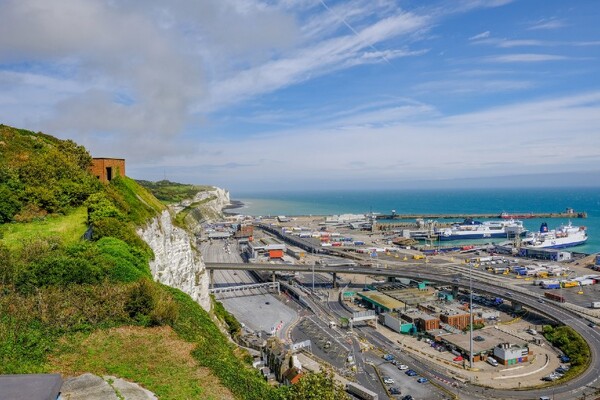French border officials to be deployed in Dover to speed up checks
French border officials will be stationed at the Port of Dover from November to guard against lengthy queues when new EU border rules take effect.
Under the EU’s Entry-Exit System (EES), due to take effect in November following lengthy delays, travellers crossing external EU borders, such as with the UK, will have to register their details at the EU border and provide biometric data.
The Home Office will introduce legislation enabling French border officials to operate within an expanded control zone at Dover to speed up checks.
However, although processing is supposed to take no more than five minutes, concerns have been raised that arrivals could be left waiting for hours at peak times.
Some 24 kiosks for checks on coaches will be set up on the western docks, but a change in the law is required to allow the armed French officers to operate in that area.
Home Officer minister Seema Malhotra will lay a Statutory Instrument in Parliament on Monday (29 July) to allow French border officials to operate in an expanded zone at Port of Dover, the BBC reports.
It will commit the Home Office to working with the French government, local authorities and businesses to streamline EU border checks at the port.
The port has also been making major upgrades to its port infrastructure, including building bespoke facilities to carry out the checks.
Malhotra said the checks will be a “major change” to the EU border so the public should prepare for some queues during peak times when they are first introduced.
The Port of Dover said in early July that it aims to match the processing times of airports this summer despite a predicted 30% increase of traveller numbers heading to Paris for the Olympics.
The port is keen to avoid a repeat of the operational issues that have blighted previous peak travel periods in recent years.
In addition, the port has invested in new AI technology that can predict future traffic in 15-minute intervals two weeks in advance.
Sign up for weekday travel news and analysis straight to your inbox

Harry Kemble
Supplier Directory
Find contacts for 260+ travel suppliers. Type name, company or destination.














